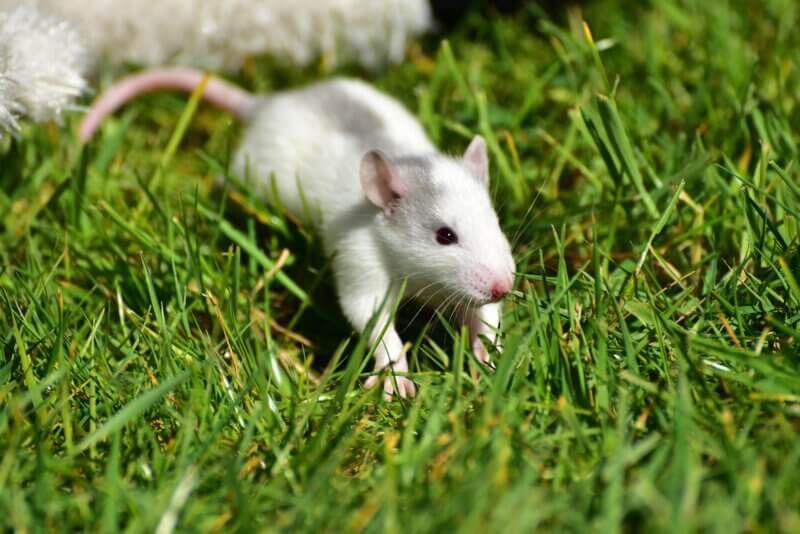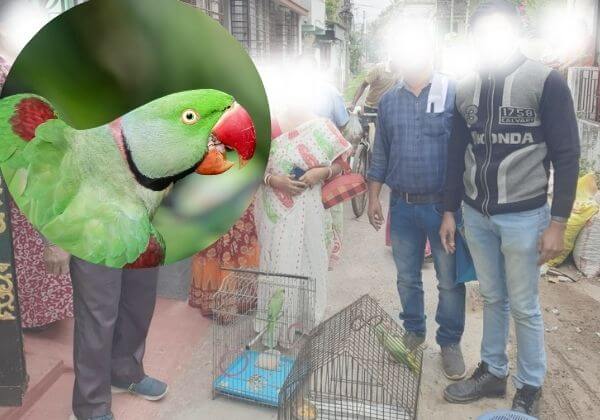Tamil Nadu Stands Up for Animals, Demands Enforcement of Ban on Glue Traps Following PETA India Appeal
Following an appeal by PETA India, the additional chief secretary to the Tamil Nadu government, through a letter, has directed the commissioner of animal husbandry and veterinary services and the state’s district collectors to take immediate steps to implement advisories issued by the Animal Welfare Board of India to prohibit the manufacture, sale, and use of cruel glue traps. The letter also directs the officials to communicate with law enforcement authorities to conduct special drives and seize glue traps from manufacturers and traders and requests that they issue public-awareness notices about the ban on the use of glue traps in the state and about humane methods of rodent control. The letter also demanded an urgent action taken report from the authorities.
The use of glue traps is a punishable offence under Section 11 of the Prevention of Cruelty to Animals Act, 1960. Usually made of plastic trays or sheets of cardboard covered with strong glue, they’re indiscriminate killers, often catching non-target animals – including birds, squirrels, reptiles, and frogs. This is in apparent violation of the Wild Life (Protection) Act, 1972, which prohibits the “hunting” of protected indigenous species. Mice, rats, and other animals caught in these traps can die of hunger, dehydration, or exposure after days of prolonged suffering. Others may suffocate when their noses and mouths become stuck in the glue, while some even chew through their limbs in a desperate bid for freedom and die from blood loss. Those found alive may be thrown away along with the trap or may face an even more traumatic death, such as by bludgeoning or drowning.
The best way to control rodent populations is to make the area unattractive or inaccessible to them. This can be done by eliminating food sources by keeping surfaces and floors clean, storing food in chew-proof containers, sealing trash cans, and using ammonia-soaked cotton balls or rags to drive rodents away (they hate the smell). After giving them a few days to leave, entry points can be sealed using foam sealant, steel wool, hardware cloth, or metal flashing. Rodents can also be removed using humane cage traps but must be released near where they were found – animals relocated outside their natural territory struggle to find adequate food, water, and shelter and can die as a result.









